Up in smoke: Waterford's tobacco black market
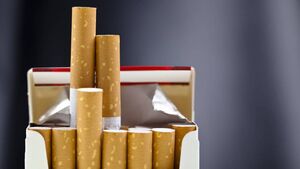
The Waterford News & Star probes the illicit tobacco trade.
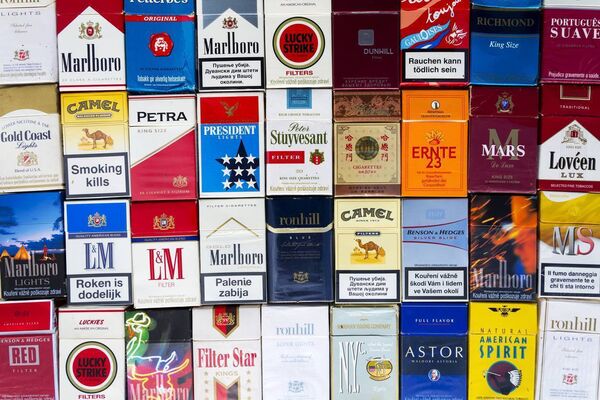
“I’d say 33% on average gone in a year.”
That was the estimated loss, one retailer told the Waterford News and Star, to their sales of tobacco products.
Legitimate retailers must pay high taxes on their products and adhere to strict rules for their sale. Every Budget, the price of cigarettes and tobacco goes up, but according to the retailer, the profit margin is very tight. For every €100 of products sold, the shop makes €8. This, according to the retailer, is one reason the black market is so appealing.
Benny Gilsenan of Retailers Against Smuggling agrees. He told the Waterford News & Star that increases in the cost of cigarettes and tobacco means shops are charging four times what a pack on the street would cost.
“Politicians and government don’t want to act on cigarettes other than those sold by honest-to-god retailers,” said Mr Gilsenan.
Some of you said the same. One poster on social media said: “Ireland biggest nanny state in the world with the most expensive alcohol and cigarettes by far, this is why you have a black market and thank God for it.”
Another said: “No one wants to give you any information on this topic. It wouldn’t happen if it was normal prices for cigarettes. Unfortunately, we get robbed with the price.”
Yet another added: “If you want no to sell illegal cigarettes, put the price normally. For 22 years prices go up at least four times.”
“Stop stirring up trouble between people... asking people to snitch on friends and neighbours,” a social media poster said. One of the most prevalent opinions when we requested information was that smuggling and selling cigarettes is something individuals do to make a bit of money. Or is a community service to those who cannot afford the shops. Indeed the retailer we spoke to said they don’t blame anyone for buying something cheap, but it does hurt his business.
Mr Gilsenan said that to a small shop, it’s not just about cigarettes.
When someone comes into a shop to buy cigarettes or tobacco, they may buy a bar of chocolate, a newspaper, milk or some other goods. So the retailer is not just out the money on the pack or pouch but the rest of the potential sale.
“There is no such thing as a victimless crime. When I hear that it sends a shiver down my spine. There is no such thing. There is a victim in every crime,” said Mr Gilsenan.
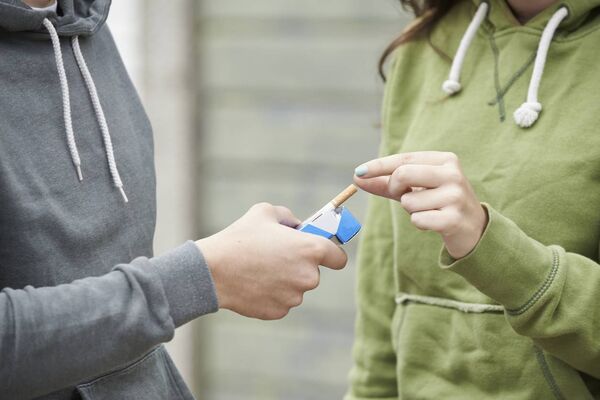
There is also a much darker side to the seemingly ad hoc trade.
According to Revenue, your illicit cigarettes may not be from your friendly neighbourhood smuggler. Revenue and Customs are responsible for the detection, seizure and prosecution of smuggling in Ireland.
A spokesperson told us that the importation and trade of illicit products is done both by individuals and organised gangs. They said they regularly share information with intelligence on national, EU and international agencies to combat gang activity. Either way, the practice is not without innocent bystanders.
Following our information call-out, a reader made contact with the paper. They told us that they worked at a well-known Waterford City takeaway several years ago. While at the takeaway, they witnessed cigarettes being sold under the counter and alcohol being delivered to customers.

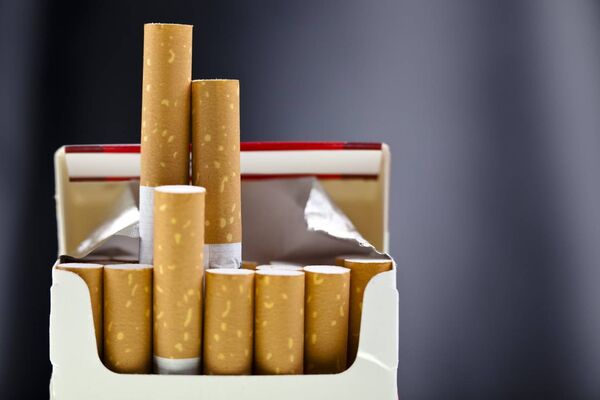
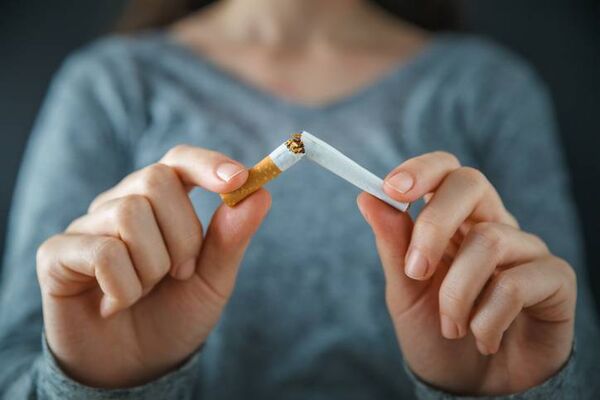
Mr Gilsenan asks politicians of all levels of Government to focus on combating the problem.
“Every one of them has a responsibility to ensure criminality is not a thriving business,” said Mr Gilsenan.
He suggested councils who approve licences for market traders also inspect those stalls.
“They grant a licence and walk away.
“They say ‘that’s our job done’ - it’s not,” said Mr Gilsenan.
Retailers Against Smuggling also supported a bill introduced by former Fianna Fáil TD Declan Breathnach that would have criminalised the buying of illegal cigarettes. That bill was stalled when the last government was being formed, and no progress has been made since.






